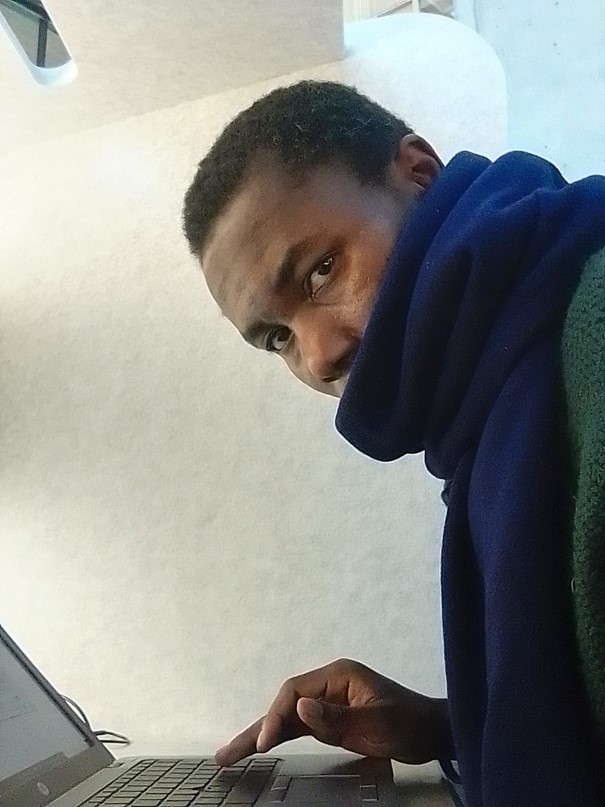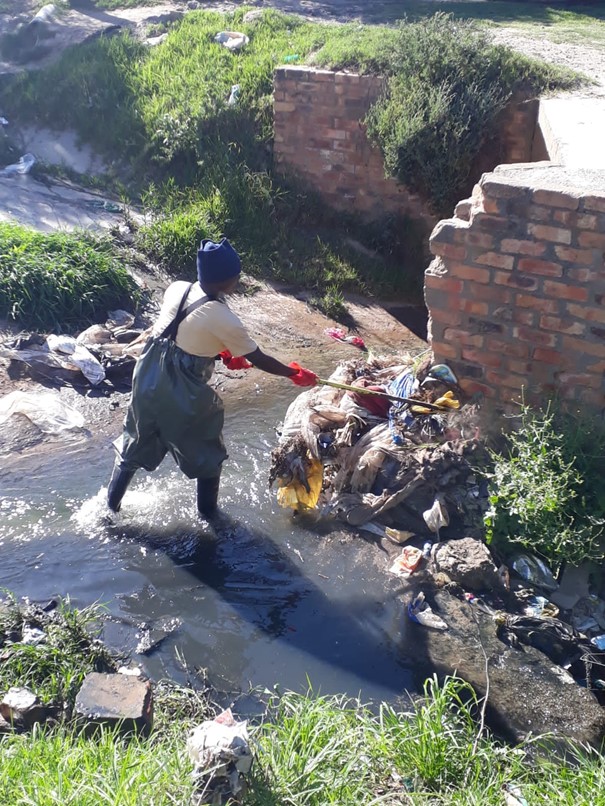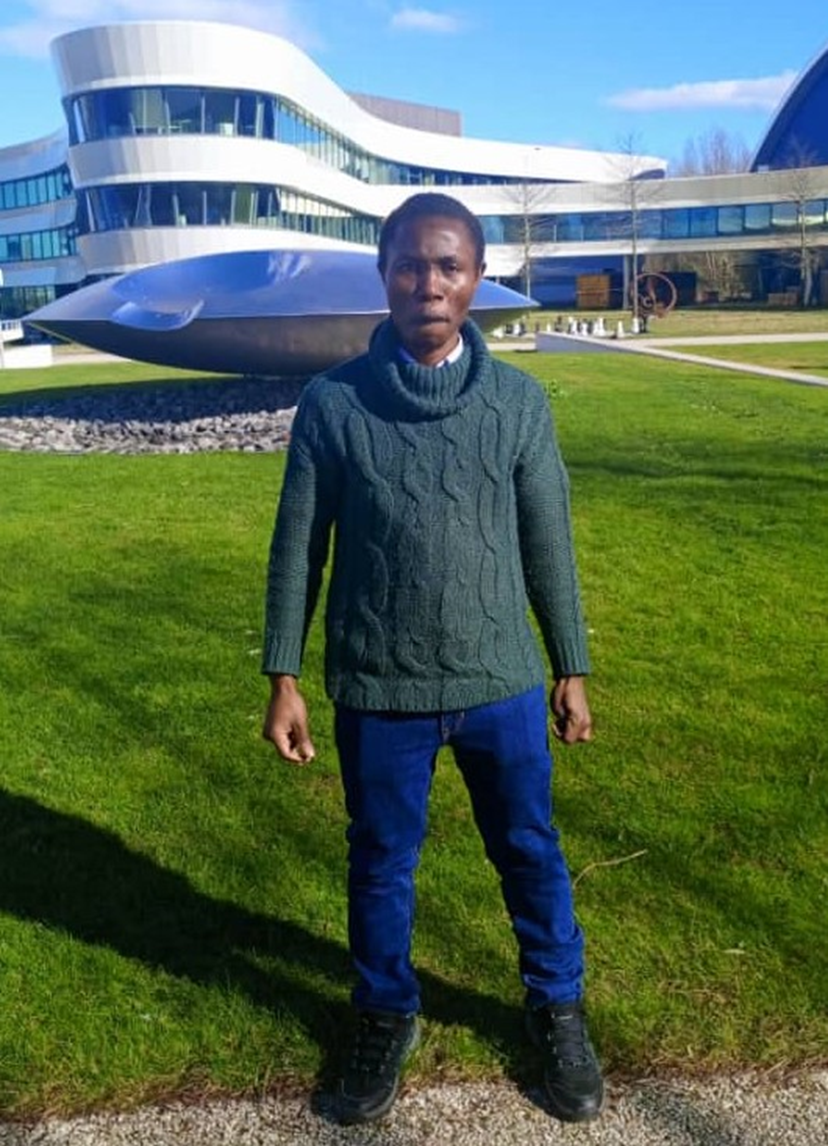21
MARCH, 2023
Peter Wasswa, an MSc student from Uganda with an interest in hydrology, is conducting his research at the Institute of Water Research at Rhodes University. Recently he spent three months in the Netherlands where the Dutch approach to water, cleanliness and waste management inspired him.

I am not telling you something you don’t already know: water is life
Researchers across the world are working day and night, spending millions of dollars looking for water on planets other than Earth. But why? We can still use our few resources to ensure available, sustainable, clean water for all!
Since the rebirth of knowledge, human beings have waged a civil war on Mother Nature. We have used all kinds of modern weapons and to a great extent, we are the victors. Mother Nature has started bleeding, and will bleed more in the future because of these weapons of war: irresponsible waste disposal, poor infrastructural management, corruption of the highest order, torn community norms. All these, among others, exert enormous pressure on Mother Nature, particularly on the water resources in both the long and short term.
Nature obeys natural laws, among them Newton’s third law of motion: For every action in nature, there is an equal and opposite reaction. The force we exert on Nature, Nature will exert on us. The repercussions of this law are already evident. We have already witnessed and tasted the bitterness of these repercussions in increased water scarcity, floods, reduced water quality, and now the alarming rate of plastics in water and food sources.
Mother Nature’s response to the war waged by human beings will bite us all greatly if we don’t cease fire, act responsibly and live in harmony with her.

Peter working in one of the Makhanda/Grahamstown rivers
Bear in mind the ‘Butterfly effect’– a global problem starts from a small point and widens and grows. Take, as an example, a hurricane or typhoon which hits the coastline and causes devastation inland; it starts as a small disturbance in the ocean water with a radius of less than few metres.
Makhanda is not exempt from the above problems. During my activities with the River Rescue team, I have often noticed that the situation is moving beyond repair if we don’t change our mindsets and our behaviour towards Mother Nature. People don’t care, they dump wastes anyhow. This has greatly affected most of the ecosystem: surface water systems, streams, rivers and dams and worst of all, the invisible, precious resource which is groundwater.
Irresponsible dumping in Makhanda river systems seems to have changed the natural streamflow of the rivers, and that has allowed alien plants to grow in our streams. This makes it difficult for researchers and planners to use information from the flow of the rivers and streams to provide solutions for sustainable water management for people of Makhanda. So … people continue to suffer from deteriorating water quality and quantity and the poor sanitation of Makhanda.
If Makhanda dreams of attaining SDG6, for years to come and avoid living in agony in the coming years, I suggest that we adopt the Dutch way of doing things:
- fine irresponsible citizens, individuals, industries, cultural leaders, religious leaders, schools, hospitals, market places, travellers, tourists, and even political leaders;
- promote a sense of responsibility in one another, caring for our precious water.
Useful words:
Hydrology – the scientific study of the movement, distribution, and management of water on Earth; it includes the water cycle, water resources, and drainage basin sustainability.
SDG6 (Sustainable Development Goal 6) – clean water and sanitation for all. The 17 Sustainable Development Goals were established by the United Nations in 2015.
Hurricane – a storm with very strong gusting winds that can exceed a constant speed of 120 kms per hour, associated with torrential heavy rains, floods inlands, and huge waves at sea.
Makhanda – a town in the Eastern Cape Province of South Africa; got its name in 2018 after changing from Grahamstown to Makhanda.

Peter Wasswa at Deltares-Delft in the Netherlands
